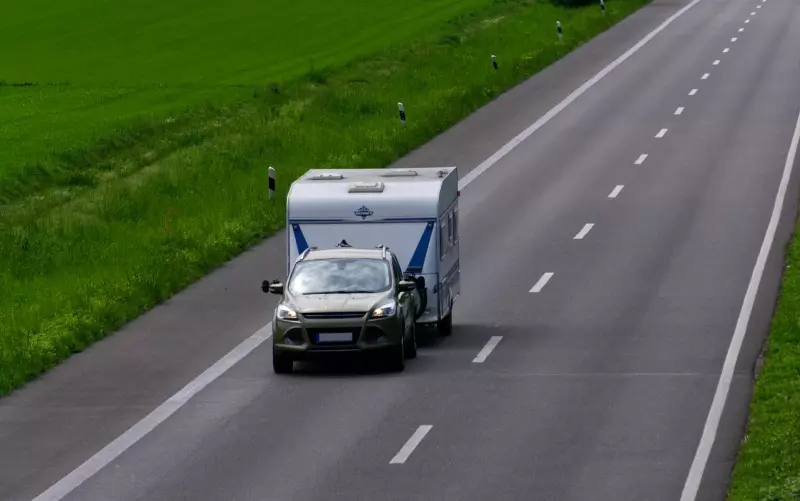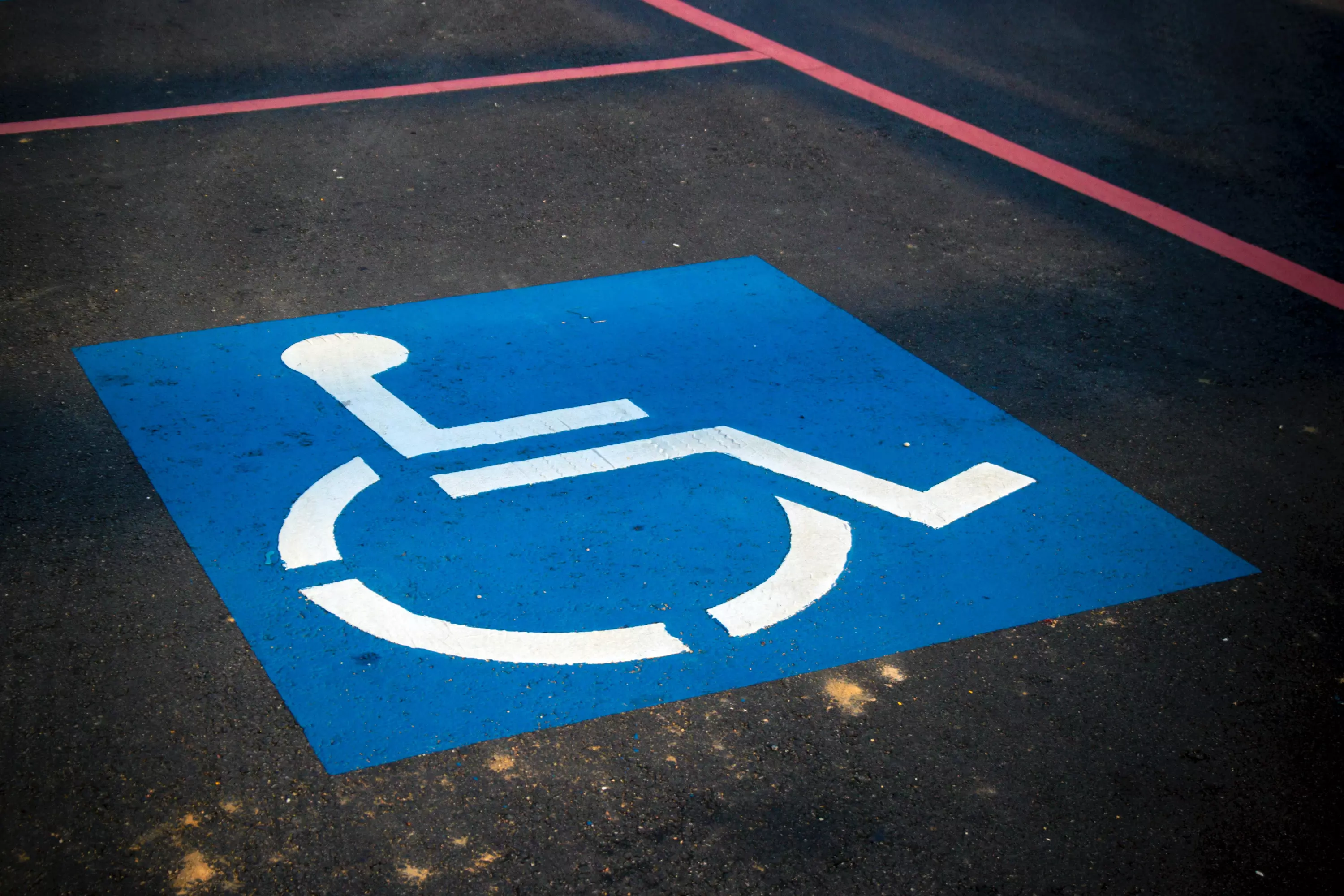Find out if you need to retake your driving test to drive with hand controls in the UK. Learn about the requirements for adapting your vehicle, including medical assessments and informing the DVLA.
Understand whether a new driving test is necessary when switching to adaptive controls, ensuring you're legally compliant and safe on the road.
Getting a Provisional Licence
If you have a disability and want to drive, the first step is to obtain a provisional driving licence. You can apply for a provisional licence through the Driver and Vehicle Licensing Agency (DVLA) website or by completing a form available at the Post Office.
It is crucial to inform the DVLA of your disability when you apply, as they will require medical information and may ask for a doctor's note to evaluate your physical ability to drive. Before you begin learning to drive with hand controls, it's important to identify what adaptations you need for the car. These adaptations could include hand-operated brake and accelerator controls, paddle shifts, or adjustments to the steering wheel.
Once your provisional licence is granted, you can contact an assessment centre for a driving assessment. The assessment will determine the best adaptations for your vehicle based on your specific needs. If you need help covering the cost of these adaptations, you may be eligible for financial support through various schemes designed to assist disabled drivers.
One such scheme is the Motability Scheme, which allows people to lease a car that has been adapted to their requirements. You could also consider grants offered by charitable organisations. It is advisable to thoroughly research all available options to find the most suitable financial assistance for your situation. By taking these steps, you can work towards gaining the independence and freedom that comes with driving.
Passing Your Driving Test
Once you have your provisional licence, you can start learning to drive using hand controls. These controls are essential for individuals who cannot use traditional foot pedals. To ensure you receive the best advice and training tailored to your needs, it's important to take lessons with an instructor experienced in teaching disabled drivers.
This instructor will help you become familiar and comfortable with the adaptations in your vehicle, whether they are push-pull hand controls or other modifications. Your instructor will guide you through various driving scenarios, helping you to build confidence and competence.
It is crucial to feel comfortable and confident with the adaptations in your vehicle, whether they are push-pull hand controls or other modifications. Practising in different situations, such as heavy traffic, rural roads, and varied weather conditions, will prepare you thoroughly for the driving test.
When you are ready to take your driving test, the assessment will cover the same aspects as a standard driving test but will consider your specific needs. The Driving and Vehicle Standards Agency (DVSA) ensures that test centres are equipped to support disabled drivers.
Examiners are trained to assess drivers with various disabilities, making necessary adjustments in the evaluation process. If you pass the test, your driving licence will include codes specifying any adaptations required for your vehicle, like hand controls.
These codes ensure that any car you drive is appropriately equipped for your needs. The DVLA provides comprehensive support and guidance throughout this process. Each individual's requirements may vary. Some may find a standard test with minor adjustments sufficient, while others require a more tailored approach based on their disability.
If, at any point, you are unsure or need more information, don't hesitate to contact the DVLA for further assistance. They offer resources and guidance to help you navigate the process smoothly. Remember, driving with the appropriate adaptations can offer greater independence and freedom. Ensuring you have the best training and a comprehensive understanding of your vehicle's modifications is essential for safe and confident driving.

What Car Can I Drive If I Have a Disability?
When choosing a car for a disabled driver, various factors come into play, notably the type of adaptations required. Most modern cars offer the flexibility to be fitted with hand controls and other necessary modifications. Both manual and automatic transmissions can be tailored to suit different needs, though automatic cars are generally easier to adapt.
Common adaptations include hand controls for the brake and accelerator, push-pull controls, and steering wheel modifications. Before making any purchase, it is crucial to visit an assessment centre. These centres can provide professional evaluations to help determine which vehicle best suits your specific needs and ensure it can be modified appropriately.
Additionally, consider whether the car offers adequate space for any extra equipment you might require, such as a wheelchair or mobility scooter. Disabled drivers have access to various types of financial assistance when looking to buy a car. This assistance ranges from grants to programmes like the Motability Scheme, which can help make leasing a new, adapted vehicle more affordable.
Securing a properly adapted car can lead to greater independence and freedom of movement, significantly improving the quality of life for disabled drivers. Ultimately, taking the time to choose the right car and ensuring it can be suitably modified will allow for a safer and more comfortable driving experience. Always consider an assessment and financial aid options to make the process smoother and more manageable.
Car Tax and Insurance with Disability
Being a disabled driver in the UK can entitle you to certain benefits, including vehicle tax exemptions or reductions. If you receive the higher rate of the Mobility Component of the Disability Living Allowance or the Enhanced Rate of the Mobility Component of Personal Independence Payment, you might not have to pay car tax. To apply for this, you need to contact the DVLA and provide the necessary documents.
Insurance is another important consideration. Inform your insurers about your disability and any adaptations made to your vehicle. Most insurance companies cover adaptations at no extra cost, but it's essential to check your policy's details. Some specialised insurance providers cater specifically to disabled drivers and offer policies that better suit your needs.
While adaptations typically don't affect the cost of your insurance, always clarify with your provider to ensure you're fully covered. Regularly compare insurance quotes to find the best deal, and consider any additional benefits offered to disabled drivers.

Keeping Your Licence If You Become Disabled
If you become disabled after you have already obtained your driving licence, it is important to inform the DVLA about your condition. The DVLA will ask for details of your medical assessment and might require additional information from your doctor.
This information helps the DVLA evaluate whether you can continue to drive safely and if any adaptations to your vehicle are necessary. A driving assessment at an assessment centre may be required to determine how well you can handle a vehicle with hand controls or other modifications.
This assessment will help the DVLA decide if it's safe for you to keep your licence. If you need to use hand controls or other adaptations, your driving licence will be updated to reflect these requirements. In some cases, you might not need to take another driving test, but this will depend on the specific adaptations and your ability to use them comfortably and safely.
Always ensure you are fully aware of the legal requirements and seek advice from the DVLA or a driving mobility assessment centre if you have any doubts. Staying informed helps you maintain your independence and ensures you are legally compliant on the road. It's also essential to keep in regular contact with your healthcare provider.
Your doctor can offer advice and support, helping you manage your condition and understand how it may affect your ability to drive. They can also assist in providing the necessary medical information to the DVLA.
If you experience a disability after obtaining your driving licence, you must notify the DVLA. Be prepared for a potential driving assessment to evaluate your ability to safely operate a vehicle with any needed modifications. Your driving licence might be updated to include these specific requirements. Ensure you understand all legal obligations and seek advice when needed to stay informed and maintain your ability to drive legally and safely.
Under the Mobility Scheme, these adaptations can be fitted for no extra cost.
MotorHome Towbars provide cars, scooters, wheelchairs and more, so if you're interested, please reach out to us, and we can adapt your motor for your disability.
Are you looking for disability car adaptions in Lincoln And Lincolnshire? We have a huge range of adaptations available and would love to discuss this with you.

